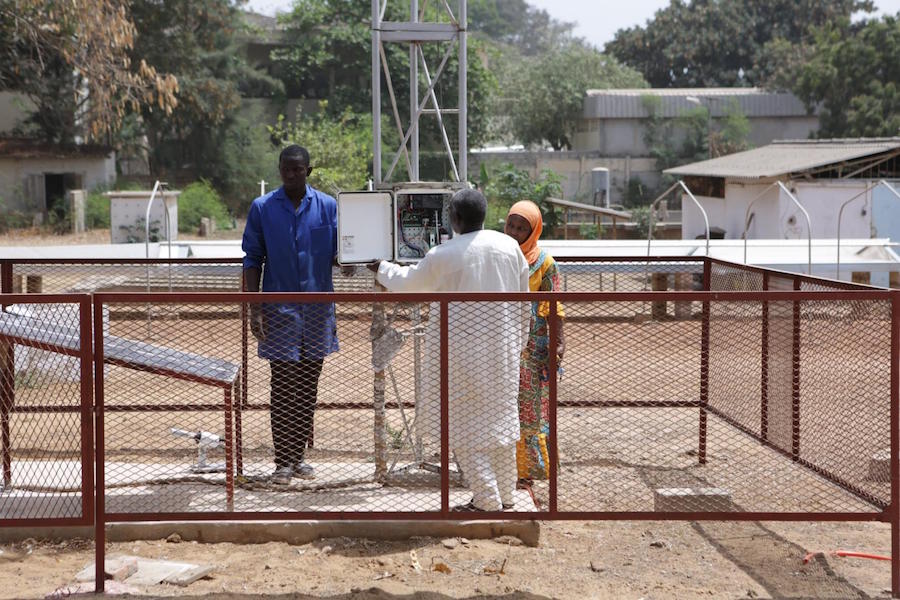
The Kyoto Protocol, the first international treaty to cut greenhouse gas emissions and which celebrates its 20th anniversary next month, remains an essential vehicle for developed countries to make more rapid and urgent cuts in their emissions, UN Secretary General António Guterres said today.
His clear message to leaders and delegates at the high-level opening of the COP23 UN Climate Change Conference was backed up in the most concrete way by Belgium, Sweden, Germany and Spain, who became the latest countries to ratify the Doha Amendment, which establishes the second commitment period of action under the Protocol.
“In this 20th anniversary year of the adoption of the Kyoto Protocol and the 25th anniversary of the adoption of the Climate Change Convention, I call on all relevant nations that have not yet done so to ratify the Doha Amendment,” said Mr Guterres.
The Protocol, since its adoption at COP3 on December 11, 1997, has become a beacon of climate action and an inspiring precursor to the 2015 Paris Climate Change Agreement, because it demonstrated that international climate change agreements not only work but can significantly exceed expectations in meeting their objectives.
The world is not yet on track to meet the central goal of the 2015 Paris Agreement – to limit the global average temperature rise to well below 2 degrees Celsius and as close as possible to 1.5 degrees.
“The latest UN Environment Programme Emissions Gap Report shows that current pledges will only deliver a third of what is needed … the window of opportunity to meet the 2 degree target may close in 20 years or less. And we may have only five years to bend the emissions curve towards 1.5 degrees. We need at least a further 25 per cent cut in global emissions by 2020,” said Mr Guterres.
The Doha Amendment covers this pre-2020 period, which is critical in the overall effort to get on track to the Paris goal. To date, 88 Parties have accepted the Amendment. To enter Doha into force requires 144 of the 192 parties to the Kyoto Protocol.
“In 1997, we achieved a landmark agreement with the Kyoto Protocol, with its measurable reduction targets. It is the 20th anniversary of that agreement next month and is something worth recognising today,” added President of COP 23 and Prime Minister of Fiji Frank Bainimarama.
The Kyoto Protocol
The Protocol, which set emission cut commitments by developed countries, was adopted on December 11, 1997 in Kyoto, Japan and came into force on February 16, 2005.
During its first commitment period, from 2008 to 2012, 37 industrialized countries and the European Community, which as an organization is also a Party to the Climate Change Convention, agreed to take a leading role in climate action by reducing their emissions to an average of just over five percent against 1990 levels.
In the end, they reduced them by well over 20 per cent.
“I am certain that the Kyoto Protocol was central to this exceptional result. Kyoto was behind the inspiration, innovation and sheer economic sense of renewable energy, energy efficiency, new technology, pollution reduction and new carbon markets which emerged in developed countries in this period and then began to pick up pace,” said Patricia Espinosa, UN Climate Change Executive Secretary.
“Thanks to Kyoto, we are not starting from scratch and we know we have solutions to meet the Paris goal, but only if we act now further, faster and together, led by developed nation emission cuts,” she said.












